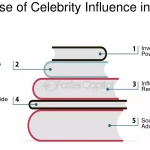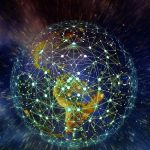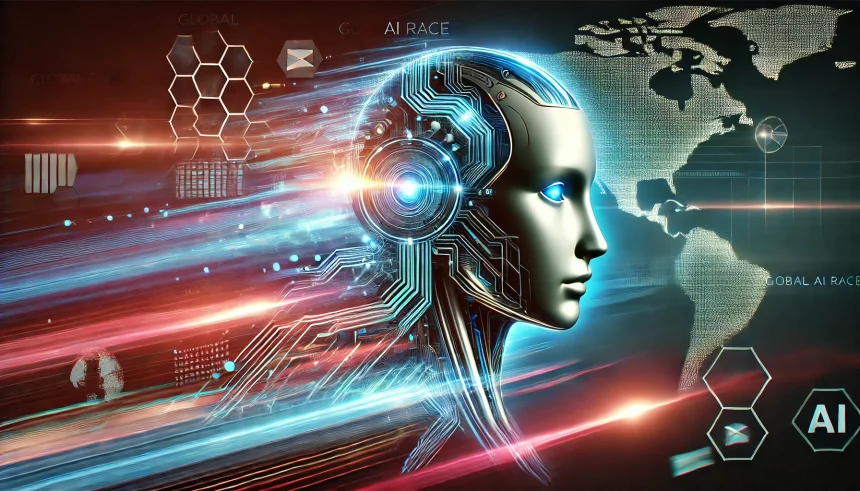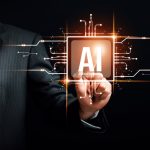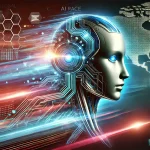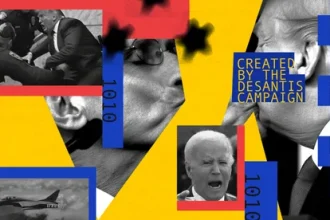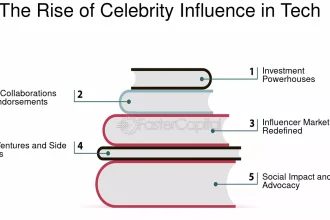The New Era of AI Dominance
Artificial Intelligence has moved from research labs into the mainstream, revolutionizing industries and reshaping global power structures. Nations and corporations are competing to harness AI’s potential to dominate economies, security systems, and innovation. What began as a technological race has now evolved into a geopolitical and cultural phenomenon, with celebrities, investors, and governments all staking their claims in what many experts call the defining technology of the century.
Governments Join the AI Race
From Washington to Beijing, political leaders are placing AI at the center of their national agendas. The United States continues to fund defense-driven AI projects through DARPA, focusing on autonomy, cybersecurity, and next-generation warfare systems. China, meanwhile, is investing billions under its “Next Generation AI Plan,” aiming to become the global leader by 2030. European nations have taken a regulatory approach, emphasizing ethical AI frameworks and human rights protections.
This growing political interest in AI has sparked global rivalries reminiscent of the space race of the 20th century. The question today is not who can reach the moon, but who can master machine intelligence first. AI now defines power — not just in military terms, but in economic influence, surveillance capabilities, and societal control.
Tech Giants Set the Pace
Technology giants like Google, Microsoft, Amazon, and OpenAI are at the forefront of this revolution. These companies are rapidly integrating generative AI tools into everyday applications, from cloud computing and search engines to healthcare diagnostics and education. Microsoft’s partnership with OpenAI has redefined competition, pushing Google to accelerate its Gemini AI project, while Apple and Meta quietly develop their own advanced models.
As businesses rush to adopt AI solutions, concerns about job automation, data privacy, and misinformation grow louder. Regulators are racing to catch up, trying to balance innovation with ethical oversight. In this climate, every new algorithm is both a breakthrough and a potential controversy.
The Celebrity Influence on AI Culture
Celebrities have also become major players in shaping public perception of AI. Elon Musk, once an advocate of AI safety, now leads xAI to rival OpenAI’s dominance. Hollywood stars like Scarlett Johansson and Tom Hanks have sparked debates over AI-generated likenesses after digital replicas of their voices and images appeared without consent. These incidents highlight growing concerns over AI’s role in creative industries and identity protection.
Beyond controversy, many celebrities are embracing AI as a creative partner. Musicians use AI tools to mix tracks, writers employ language models for inspiration, and filmmakers experiment with AI-driven visual effects. The blend of fame and technology amplifies public interest and brings ethical debates into the mainstream.
Global Impacts of AI Adoption
Artificial Intelligence is reshaping not only economies but societies. In healthcare, AI assists doctors in diagnosing diseases faster and more accurately. In agriculture, it predicts weather patterns to optimize crop yields. In finance, it powers predictive analytics that guide global investments. However, these advancements also create new dependencies and vulnerabilities.
Developing nations face challenges in accessing AI technologies due to high costs and limited infrastructure. Meanwhile, automation threatens to widen inequality as low-skill jobs disappear and economies struggle to reskill their workforces. The global digital divide is becoming an AI divide — and how governments respond will determine the next chapter of globalization.
Political and Ethical Dilemmas
With great innovation comes greater responsibility. Governments and tech firms are grappling with the moral implications of AI. Questions about bias, surveillance, and accountability dominate political discussions. Should AI be allowed to make decisions in warfare or justice systems? Who is liable when an AI system fails?
Recent controversies — such as biased facial recognition software or AI-generated misinformation — have reignited calls for stronger governance. The European Union’s AI Act, the first comprehensive regulation of its kind, sets a precedent for the rest of the world. Yet the challenge lies in enforcing such laws across borders while keeping pace with rapid technological change.
The Business of AI and Investment Boom
Investors are pouring billions into AI startups. Venture capital funding in AI-related technologies hit record levels in 2024, with companies focusing on automation, robotics, and natural language processing. Startups like Anthropic, Cohere, and Inflection AI are challenging Big Tech’s dominance, promising innovation through transparency and responsible AI.
The AI gold rush is also transforming job markets. Demand for data scientists, machine learning engineers, and AI ethicists has skyrocketed. While automation may displace certain roles, new opportunities in AI governance and system training are emerging. For businesses, embracing AI is no longer optional — it’s essential for survival.
Cultural Shift and Human Adaptation
As AI becomes more integrated into everyday life, society faces an identity shift. Questions about creativity, originality, and human value are being redefined. Artists worry about losing authenticity, educators about plagiarism, and professionals about replacement. Yet many experts argue that AI will augment human creativity rather than erase it, freeing people to focus on more complex and emotional aspects of their work.
This hybrid era — where human and machine intelligence coexist — demands adaptability and digital literacy. The future workforce must understand not just how to use AI, but how to think alongside it.
FAQs
What is driving the global AI race?
Competition for technological dominance, national security, and economic growth are the key motivators behind the AI race among major powers.
How are celebrities influencing AI adoption?
Through endorsements, controversies, and creative projects, celebrities raise awareness and shape public attitudes toward artificial intelligence.
What are the main risks associated with AI?
The biggest concerns include data privacy breaches, algorithmic bias, misinformation, and large-scale job displacement.
Can AI be regulated effectively?
Regulating AI is complex due to its rapid evolution and global reach, but frameworks like the EU’s AI Act mark important progress.
Will AI replace humans?
AI will automate certain tasks, but experts believe it will complement human skills, creating new types of jobs and industries.
Conclusion
The rise of artificial intelligence marks a turning point for humanity — one where technology, politics, and culture intersect like never before. Nations see AI as a tool of power, businesses as a source of profit, and individuals as a question of identity.
As celebrities amplify awareness and governments compete for dominance, the world stands on the edge of an AI-driven transformation. Whether this revolution brings empowerment or control depends on the choices made today — choices that will define not only industries but the very nature of what it means to be human in the age of machines.



